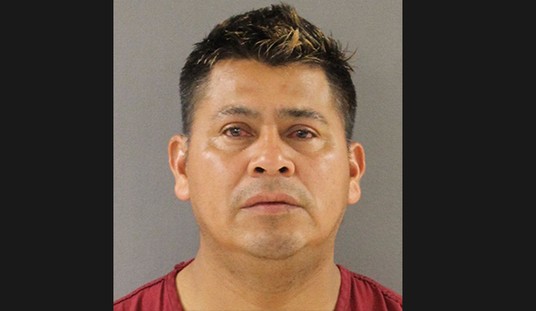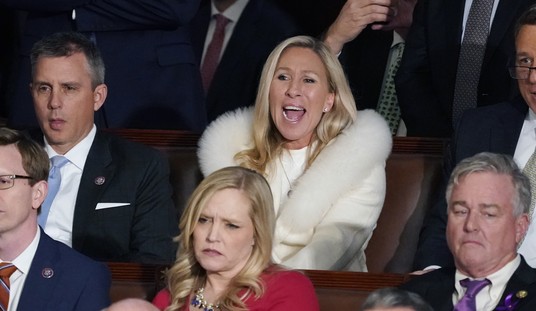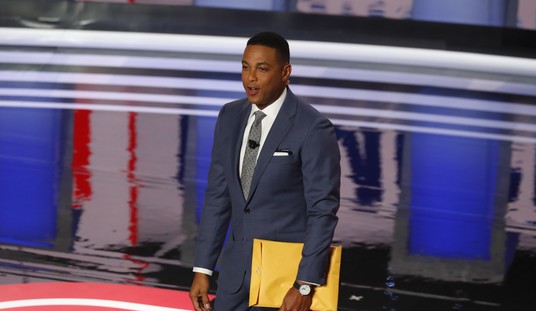I want to tell you a little fable.
Once upon a time, there was a rich and powerful old man — very rich and powerful. Call him T_. He happened to live in a South American republic — never mind which one, but one that was unusually rich and prosperous, especially famous for the production of gigantic, delicious yellow bananas praised throughout the world.
Then one day, the man was diagnosed with cancer, an insidious cancer that was almost certainly fatal.
This man’s doctor, call her Doctor P_, was also rich, famous, and had developed many academic and professional connections. Her word could turn a reputation; her disapproval could end a promising career. Doctor P_ was famous in the media, and immediately following the diagnosis, she was a guest on all the best television networks, talking about the diagnosis, and T_’s inevitable doom. T_’s heirs began to prepare to take over his wealth and power for themselves.
But T_ was, as a rich and powerful man, unwilling to simply accept it philosophically, put his affairs in order, and die quietly. He wanted to get a second opinion.
The reaction was immediate. How dare T_ question the eminent Doctor P_? Was T_ a doctor? No, of course not. The very idea! The presumptive heirs put forth an elderly and rather shambolic uncle as the face of their collective ambitions and moved to take over both fortune and power.
Suddenly T_ found that other doctors weren’t anxious to offer a second opinion on his case. The medical establishment in state after state — Arizona, Pennsylvania, Wisconsin — dismissed his desire for a second opinion. They considered the diagnosis settled.
I imagine the fable has, at this point, become clear. T_ is Donald Trump, the diagnosis is the election and its aftermath. And the puzzle is the same as well — if the diagnosis is so certain, why the objections to a second opinion?
There are a thousand explanations, and I suspect they all come down to whose ox is being gored.
But I really do think, when the presumptive heirs are hiring a hundred high-priced lawyers to prevent T_ from getting a second opinion, it’s time to start asking whose interests are being served?










